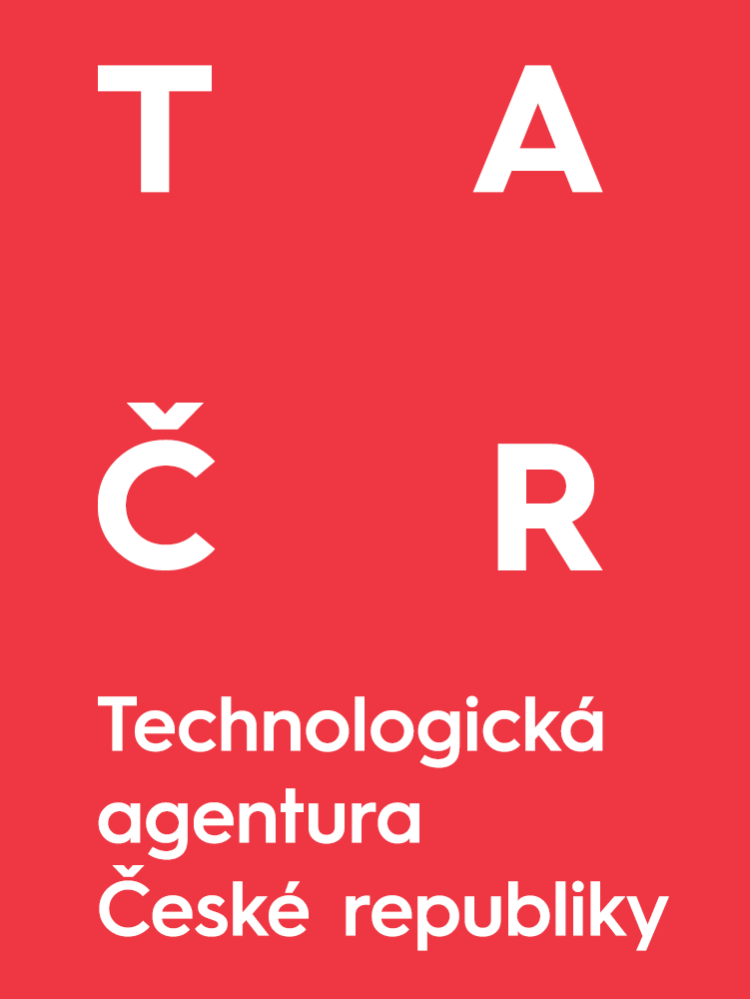The research team of the Department of International Business has a new TACR project
Ing. Veronika Mokrejšová, Ph.D., Ing. Alena Filipová, Ph.D, Ing. Mgr. Tomáš Sadílek, Ph.D. and Ing. Jiří Zeman Ph.D. have received a grant from the Technology Agency of the Czech Republic for three years. The main proponent of the project is Mendel University in Brno, for example, representatives of Charles University are also collaborating on the project.
The project TQ01000183 is implemented by the SIGMA Programme for Support of Applied Research and Innovation, Sub-objective 3: “Supporting the innovation potential of social sciences, humanities and arts” and is entitled “Supporting the change of behavioural patterns of Generation Z and designing interventions to prevent food waste including evaluation of their impact”. As the title suggests, the project focuses on food waste in Generation Z. “The focus on this generation is due to the fact that, on the one hand, Gen Z is very sensitive to environmental issues; on the other hand, research has long shown that young people waste most of all. And it is also this generation that is gradually reaching working age, setting up their own households, and thus there is the potential to influence their behaviour for several decades into the future,” says Ing. Veronika Mokrejšová, Ph. D., researcher for the University of Economics.
The task of the VŠE team will be to conduct a large diary survey on 120 Generation Z households from different backgrounds (students in dormitories, students living with parents, working Generation Z, etc.) and compare the measurements with municipal waste analysis and questionnaire surveys. As the researchers have also been involved in retail for a long time, the project also includes research on the impact of retail chains’ communications containing appeals against food waste on Generation Z. The HEI will also support the project with macroeconomic analysis to take into account inflation and other relevant indicators. Other partners in the project will work on identifying the causes of waste and motivations for reducing it, which will be evaluated based on an agent-based model and machine learning. An essential part of the project is also the development and evaluation of the impact of the Generation Z intervention to reduce food waste through the Wasteless pilot application and, subsequently, the Wasteless 2.0 application.
